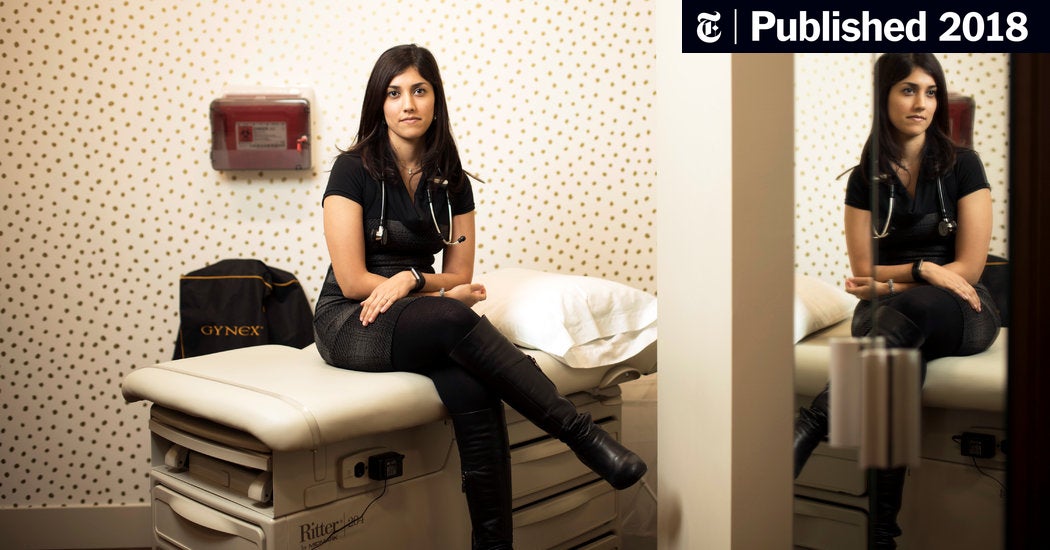2
235009
Unfortunately not looking good for primary care bound physicians in the current environment where instant gratification culture has led to the proliferation of urgent care and minute clinics that cost the same up front to the patient.

 www.nytimes.com
www.nytimes.com
Excerpt:
"CVS [...], and most recently Walmart [...], are eyeing deals with Aetna and Humana, respectively, to use their stores to deliver medical care.
People are flocking to retail clinics and urgent care centers in strip malls or shopping centers, where simple health needs can usually be tended to by health professionals like nurse practitioners or physician assistants much more cheaply than in a doctor’s office. Some 12,000 are already scattered across the country, according to Merchant Medicine, a consulting firm."

The Disappearing Doctor: How Mega-Mergers Are Changing the Business of Medical Care (Published 2018)
Big corporations — giant retailers and health insurance companies — are teaming up to become your doctor.
Excerpt:
"CVS [...], and most recently Walmart [...], are eyeing deals with Aetna and Humana, respectively, to use their stores to deliver medical care.
People are flocking to retail clinics and urgent care centers in strip malls or shopping centers, where simple health needs can usually be tended to by health professionals like nurse practitioners or physician assistants much more cheaply than in a doctor’s office. Some 12,000 are already scattered across the country, according to Merchant Medicine, a consulting firm."
